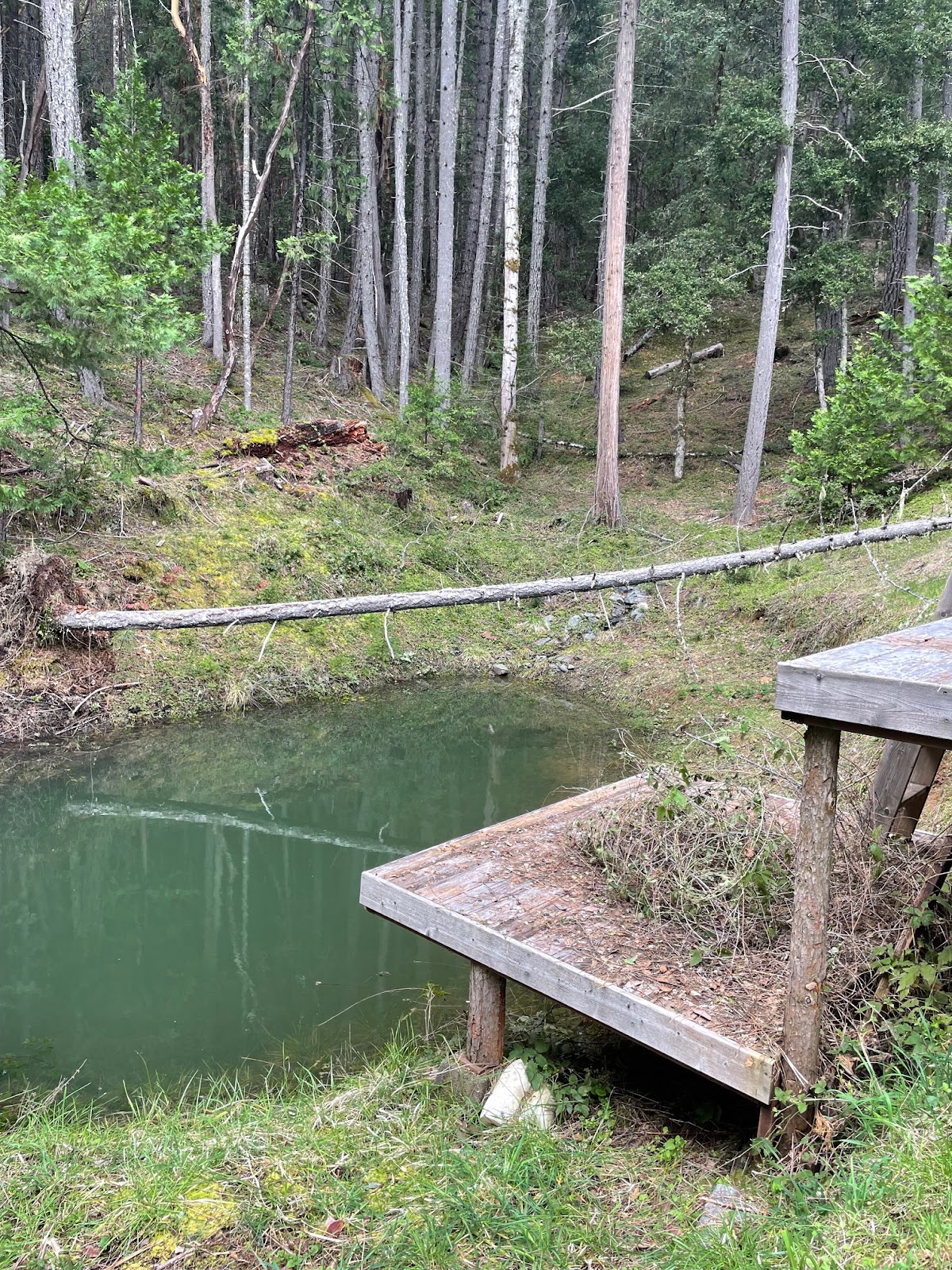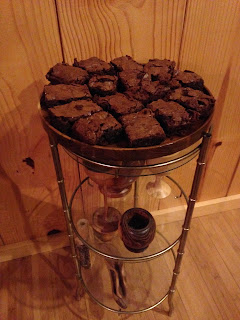During the year before my 75th birthday, I did 75 things of 75 repetitions each. (See post on July 26, 2018, and following.) That was five years ago. What significant thing, I wondered after my 79th birthday last July, could I do to mark turning 80?
Well, I thought. I could hike 800 miles before July 20, 2024. And I could hike on 80 different trails, to boot. Skiing would count.
Goal set
At first I didn't pay much attention to the mileage. By the end of July I had hiked 35.5 miles. September's backpacking trip in the Wallowa Mountains doubled that number. By November I had hiked 250 miles. Then I had foot surgery. Then I went to Georgia for a siblings reunion. Then I caught bronchitis. I lost two months of hiking.
By the time I started hiking again, on December 25, I had hiked 263.5 miles. I was halfway through the year but hadn't hiked nearly half the required distance. I started calculating. To make my goal, I would have to hike approximately 20 miles a week in the next seven months. That might be easily doable if all I was doing was hiking, but things interfere: board meetings, articles to write, a journalism workshop to teach, garden work, and the myriad other things of daily life. But I was doggedly persistent.
Mileage accumulates slowly. Five miles up one mountain, seven up another, only time for frour miles another day. In the face of 800 miles, a jump from 364 to 368 doesn't seem like much. 10-miles hikes are better.
I have become fanatical. I no longer take walks; I only take hikes. Every empty day I fill with a hike. I love the strenuous exercise, the fresh air, the glories of nature. I have hiked through gorgeous autumn colors and in bracing winter cold. I have skied in deep white snow. Now I walk through spreads of wildflowers carpeting the woods. I am in seventh heaven day after day.
I indulge in a massage after every 80 miles.
Thirty-six friends have joined me on hikes. Nine others have scheduled hikes with me. A friend from California came up to hike with me, adding 23.5 miles in three days. My sister Laura is coming from Georgia to do some wildflower hikes with me. In May I'll do an 80-mile backpacking trip with three friends, staying in a lodge at the mid-point. In June I'll be hiking in the Swiss Alps with my sister Sharon.
My son will come down from Washington to hike the last of the 800 miles with me (or whatever the number is; I won't stop hiking if I reach 800 before July 20). We'll do that hike on my birthday, walking right from the Jacksonville Woodlands into the Jacksonville Inn, where my birthday guests—anyone who has hiked any of the 800 miles with me—will be waiting to greet me with a glass of champagne.
And that, I think, should be a fitting way to celebrate my 80th birthday.
















